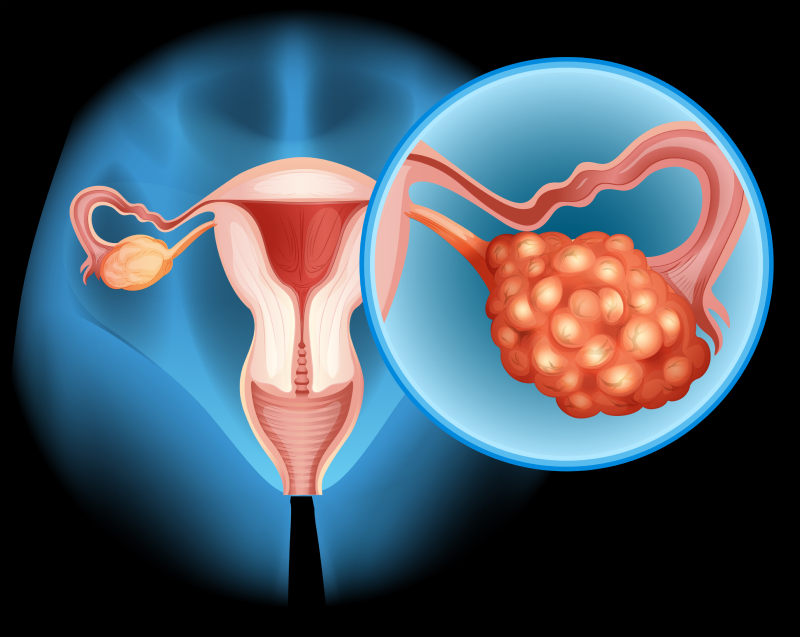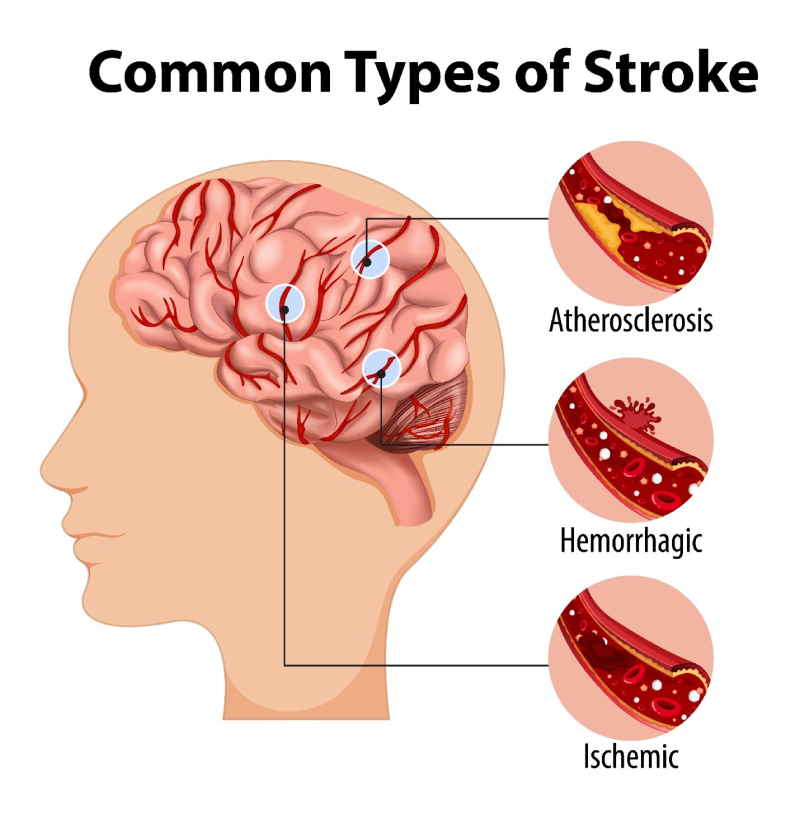Sinus Headaches – What Do You Know about them?

Livefit4ever,
Medically Reviewed by Dr. Neetu Modgil,
October 26, 2020

Sinus Headaches
Sinuses drain mucus into the nasal passages when they are normal, but due to allergy, cold or bacterial infections – inflammation of the sinuses does not allow the sinuses to drain mucus. As a result, they become inflamed, swollen, and congested.
Sinusitis
Fluid builds up and irritates the lining of the sinuses – due to which sinuses get inflamed and swollen. This condition is known as sinusitis. Microbes flourish in this type of environment as it becomes a budding ground for them. When microbes grow, they disrupt the normal and smooth flow of air inside the sinuses. The person having this condition begins to feel pressure inside the sinuses and the symptoms manifest.
Sinus Headaches Causes
A person who feels pressure, fullness, and nasal obstruction experiences pain around the nose, cheeks, near eyes, and eyebrows; facial pressure, and pain. If the person has nasal discharge for up to four weeks along with the above symptoms, then sinusitis is diagnosed. The pressure that build-up inside the sinuses causes sinus headaches.
Sinus Headaches Symptoms
- Pain in the forehead
- Pain gets worse when you lean forward
- Uncomfortable pressure behind your forehead
- Feeling of fatigue
- Pain in the cheeks and jaws
- Redness and swelling of cheeks
- Watery eyes, runny and stuffy nose
- Nasal congestion
Diagnosing Sinus Headaches
Sinus headache vs Migraine: More than 50% of the cases are misdiagnosed as sinus headaches – and up to 90% of the people who see a doctor for a sinus headache get to know that they actually have migraines.
Precise diagnosis is therefore essential to know whether the symptoms associated with your headache are caused by sinuses (sinusitis). Many times, tension headaches and migraines are misdiagnosed as sinus headaches. In such cases, the treatment would not be apt; therefore, to initiate apt treatment, proper diagnosis of your headache is a must. While diagnosing your case, your doctor will try to find out whether you have nasal blockage and infection with fever along with other symptoms of sinusitis. Based on clinical examination and the symptoms you have, an ENT specialist can tell whether your headache is sinus related – or else, if you have some other issues, a CT scan or MRI could be recommended to know the exact cause of your headache.
Sinus Headaches Treatment
Treatment for sinus headaches is mainly aimed at relieving symptoms by treating the infection that you have. Your doctor may prescribe antibiotics to treat bacterial infections – whereas viral infections are symptomatically treated. Nasal decongestants and antihistamines may also be prescribed for a short period. Longer usage of antibiotics and nasal decongestants is not recommended. In addition, pain relievers may also be prescribed to relieve pain. For allergy-related sinusitis and sinus headaches, preventive allergy treatment may be recommended. Sometimes, corticosteroids may also be prescribed to relieve inflammation in the sinuses.
Sinus Headaches Home Remedies
You can also take care of your sinusitis or headaches associated with your sinuses by adopting very simple home-based tricks, such as using vaporizers or humidifiers, drinking plenty of fluids stored at room temperature, and using a saltwater nasal spray.
Rebound Headaches
Prolong usage of pain-relieving medicines, nasal sprays and decongestants are not good as they may prompt rebound headaches due to medication overuse. Therefore, if you are using any type of OTC medicines (pain relievers, nasal sprays) for over a week, then it is better to inform your doctor.






